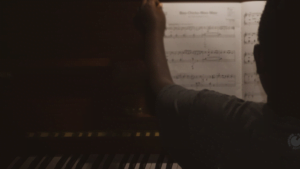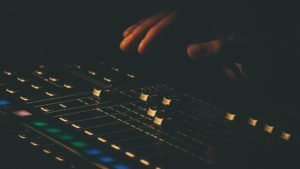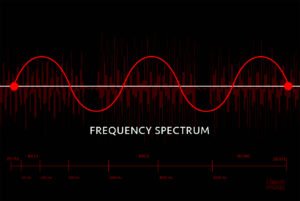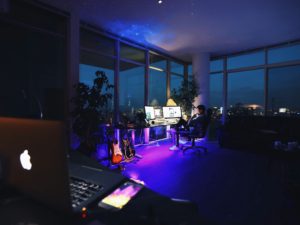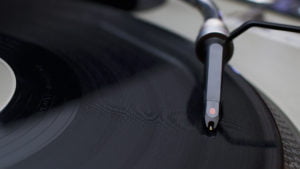Rather watch the video? Click here..
Q) Who is Terry Weerasinghe?
Hi! I’m Terry Weerasinghe, the chief strategy officer from Beatport.
I’ve had various roles within Beatport. For most of the time, I have run the general business of Beatport; How Beatport works, fits together and grows. But now, my role is more concentrated on what kind of new services Beatport integrate into. The kind of projects that I now work on? For example, we are about to launch a service where people can directly stream into Pioneer (equipment). <beatport link>
Q) Could you tell us a bit more about your background?
I was a DJ 30 years ago and after I finished University I started working for Pioneer, in the year 2000. And I worked on the early CDJs for them, everything from CDJ 1000 to a DJM 800. I left pioneer and I ran Traktor for Native Instruments in 2008 until 2013 and now, for the last five-six years I have been at Beatport.
Q) Advice for amateur musicians to start in the Music Industry
You know, we’ve got a roomful of like-minded people here, and then there’s the international community, as well as the local community. One of the really important things to try and establish, here, is a community for you all three to be able to help each other.
You have people like Arjun (Arjun Vagale) related to this school and other people coming in from other places. A good thing to start off with is to build a regular community get-together and invite the people that are coming into town, that you respect, to come to talk and impart some knowledge for you.
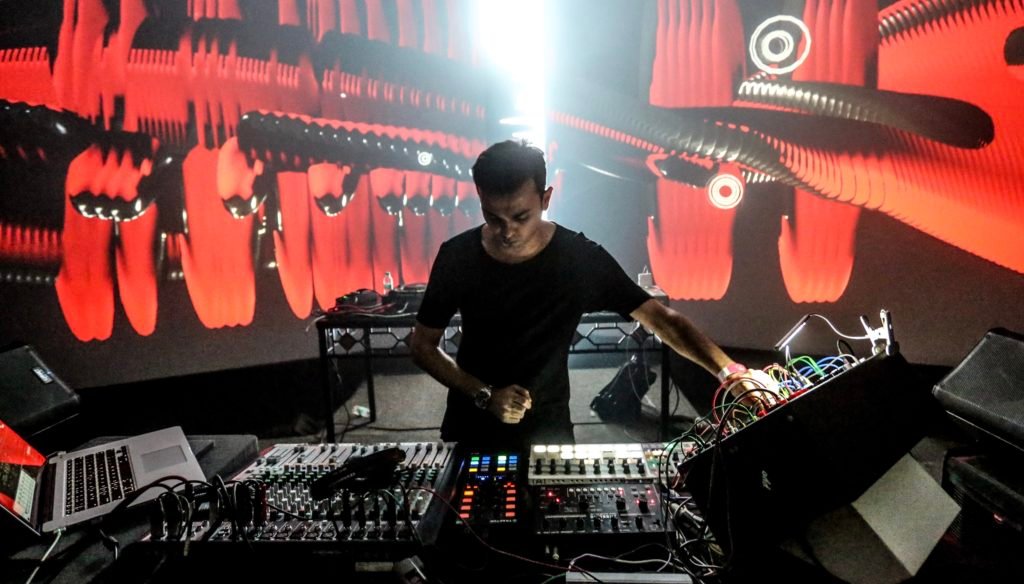
Credits: MK Chaitanya
This does a couple of things:
- One: it connects you to people from outside.
- Two: It means that you can rely on your individual strengths
…because there is a lot more to being a musician than just being good at music… and I know that sounds like a terrible thing to say… but these days, you need to have some understanding of marketing.
You need to have some understanding of where your trajectory is going to be in all of these different things; Maybe one of you in the room is amazing at social media & one of you is incredible with a particular plugin. You need to be able to accept these people, work with these people, learn from these people, together! Because that’s what’s going to make you all stronger.
So, if you have someone you know, for example, if there’s somebody from the “PAN label” (this is one of the best experimental labels out there); visiting Delhi, you as an experimental producer can try and find a way of writing to the person that’s booking them and say “hey, would they be interested to give a talk and share?” Not everyone’s going to be (available); Because some people just don’t have the time or don’t want to do that.
But actually, most people from this industry have got big hearts and this is what they love. They would love to come and speak to people to inspire them. To go down the same paths, I think, you know… that’s always a startup for anybody.
The reality of the situation is, a lot of the shift in electronic music has gone from producing music to performing that music… That’s why, I asked earlier who DJ-s and who don’t play live. You should really think about if you want yourself to have a career as an artist rather than to be a back room studio person. The dream of making an amazingly good album and hanging your career off that, isn’t really something that happens very often these days.
Q) Beatport Terrys Advice to Artists to Grow as better musicians
So record labels are looking for more new people now. The thing to do is, make the good album but also have the tour schedule afterwards. Because the tour schedule is really where you’re going to make the majority of your money. I mean in a percentage (Terry asks Dev) …let’s take Arjun, for example, what’s the percentage of revenue from his tours v/s from his music alone?
Dev Bhatia (Unmute Agency): I’d say 95: 5 percent!
(Terry continues)
So 95% of his money comes from his gigs, five per cent comes from his music. And you need both, the music is part of your promotion. But you need to also think, what positive things can I do, to send me on the right path.
Networking with the right people is definitely the right thing… you know… it should be a pleasure for you to hang out with people that like the same music as you. You are not competing with them. You do the special things that you have inside you, you’re going to get there as well,
Help everybody around you… because that’s going to make everybody around you want to help you as well. Stay positive in these kinds of ways, that’s definitely something.
Think of yourself as a brand. I wish that I could say that it is easy for somebody, but
it isn’t these days… Take Beatport, for example, every week we have 25,000 releases on Beatport.
25,000!! so what can you do to stand out?
Q) What Social Media Platform is right for me?
With social media, you need to think about your personality as well. You know.. there are different social media strategies and different ones suit different people. Peggy Gou (for example) is an incredibly attractive girl, who looks great in photographs and Instagram is her thing. So she can obviously get lots of followers by having amazing pictures of her, on Instagram.
Some other people….. there’s an old British DJ called Mr C who has been DJing for as long as… longer than I’ve been around even… and he’s incredibly opinionated… so, Twitter! for him, is incredible for him. He puts all of these rants down and then people just forward it everywhere because there is so much amazing information.
Be careful what you say, the walls have ears 👂
— Richard West / Mr.C (@mrcsuperfreq) December 16, 2018
So if you’re very good with words and have opinions, then Twitter is the right place for you and then you know Facebook is a happy medium. So you can concentrate on the one area where you really want to grow your fans but do something that suits you and suits your personality.
Q) Should Artists evolve/change their genre over time?
In 2013 deep house was the best-selling genre on Beatport!
…now it’s Techno!
We saw people leave the deep house scene and move into techno. A good example of who did that successfully would be an artist like “Tale of Us”. So if you listen to “Tale of Us” around 2013 you’ve got… very much the 2013 deep house sound, but listen to them actually just a year and a half later and they moved to techno! And they managed to do that successfully, but then look at the other artists that were making that deep house down in 2013 and how many of them have managed to do that?
Not so many.
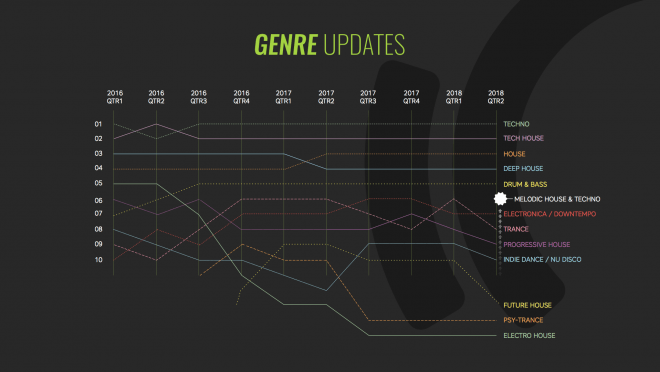
And in those cases, those artists have gone from being top-tier artists to the second-tier artists for a period of time; but they’ll come back around again to being fashionable again.
There’s actually a record on the wall there… which is a John Digweed record.
Around the time I was DJing, John Digweed was one of the best progressive house DJs in the world. Him(John Digweed) and Sasha were being rated number one DJ, number 2 DJs at the time, the same way that the EDM DJs have been in the DJ Mag Awards for a while.
John Digweed is still playing a similar type of music, to what he played 25 years ago.
Yeah, it is 25 years ago. He still plays a similar style; but a little bit slower but that kind of progressive-y kind of sound.
In terms of his popularity, it went down from him being the biggest DJ in the world, to probably almost a second-tier list… but still packing big shows. Then, actually when, the whole Innervisions thing kicked off with Dixon…that is essentially progressive house, that they play (it’s like a slowed down melodic, kind of afro, kind of sound… but definitely on a progressive side). Then John Digweed and Sasha’s style started to come back in again. And he stayed true to his game and stuck to what he’s done.
Q) How Important is research in Music?
It is important to understand what is trending in music at the moment.
The big room EDM sounds since 2013 has been declining quite heavily; Techno is on the up, Deep house is on the down, Drum & Bass on the up & Tech house is on the up and this is the electronic world as we see it right now. It is important to be aware of that.
Because when a scene is on the downward trend, that means: fewer gigs, less money. It means the big guys, they’re coming down a peg and taking the room away from new people being able to get into the scene.
Q ‘n’ A with Beatport Terry
Special thanks to:
Dev Bhatia (UnMuTe Agency)
Terry Weerasinghe (Beatport)





